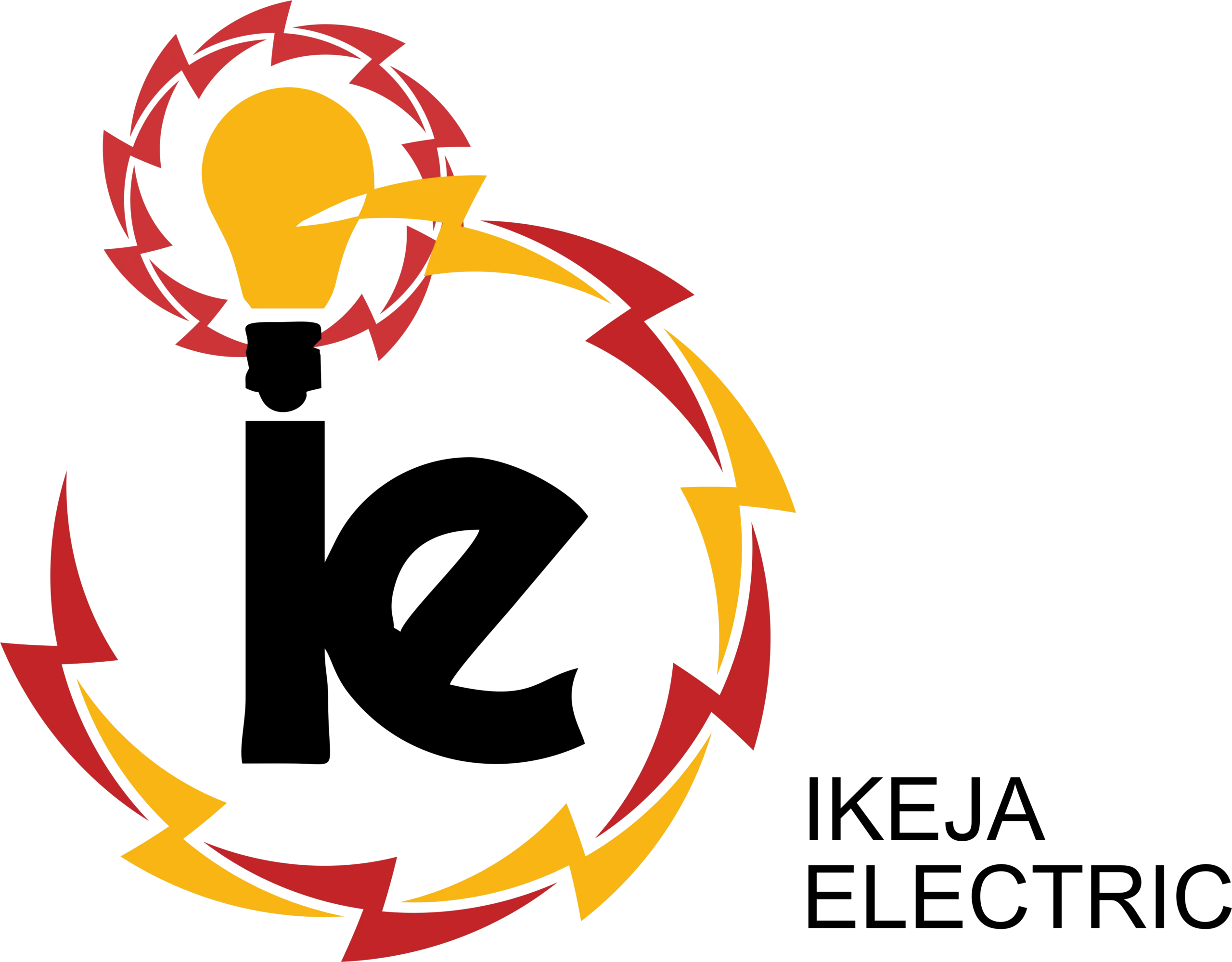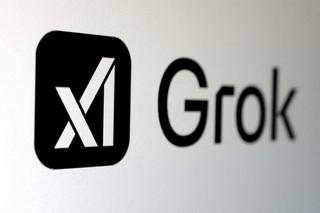Aba Power, a major electricity distribution company in Abia State, has announced a significant increase in electricity tariffs, with rates rising by over 50%.
The new tariffs, which took effect on January 1, 2025, received approval from the Nigerian Electricity Regulatory Commission.
The company made the announcement through its official X account, where it outlined the revised tariff structure. Under the new rates, Band A customers will pay between N219.70 and N241.45 per kilowatt-hour (kWh), a substantial increase from the previous rate of N99/kWh. Band B customers will now pay between N180.77 and N203/kWh, while Band C feeders face charges ranging from N145 to N205/kWh.
Aba Power explained the tariff hike, citing the challenging macroeconomic conditions that have impacted operational costs. In a statement, the company said, “We have recently received an approval order from NERC for an adjustment of electricity tariffs, effective January 1, 2025. This adjustment is necessary to mitigate the effects of recent macroeconomic developments in Nigeria on our ability to deliver high-quality service while adhering to regulatory standards.”
The tariff increase has sparked mixed reactions across Abia State. Many residents are concerned about the financial burden it will place on households and businesses already struggling with high inflation and economic uncertainties.
Aba Power’s tariff hike comes amid broader challenges in Nigeria’s energy sector, including rising fuel costs, foreign exchange instability, and increasing infrastructure maintenance expenses. Industry stakeholders have long called for cost-reflective tariffs to ensure sustainability in electricity distribution.
In April 2024, NERC approved a nationwide tariff increase for electricity distribution companies. According to NERC, the federal government’s subsidy obligation grew by N84.06 billion between Q2 and Q3 of 2024, highlighting the financial strain on the sector.










